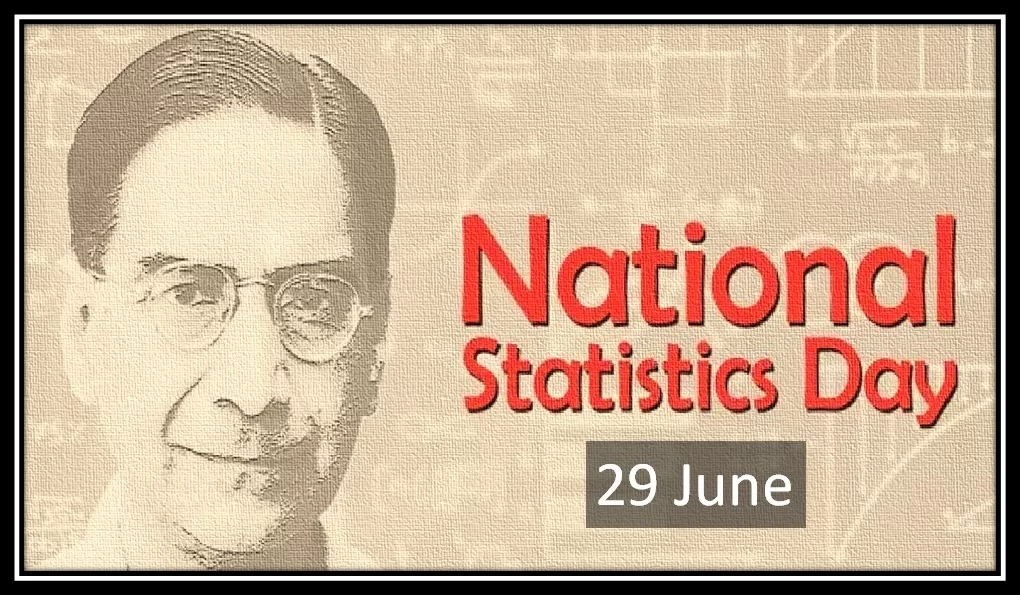International Week of Solidarity with the Peoples of Non-Self-Governing Territories 2023

May 25 to May 31 2023 will be observed as International Week of Solidarity with the Peoples of Non-Self-Governing Territories. First called for on December 06, 1999 by the United Nations General Assembly the week has been observed annually since then. As stated in UN charter, a Non-Self-Governing Territory is a “Territory whose people have not yet attained a full measure of self-government.”
International Week of Solidarity with the Peoples of Non-Self-Governing Territories 2023 Date
Below mentioned are the upcoming dates for International Week of Solidarity with the Peoples of Non-Self-Governing Territories for the next 5 years.
| Event | Date |
| International Week of Solidarity with the Peoples of Non-Self-Governing Territories 2023 | May 25 – May 31, 2023 |
| International Week of Solidarity with the Peoples of Non-Self-Governing Territories 2024 | May 25 – May 31, 2024 |
| International Week of Solidarity with the Peoples of Non-Self-Governing Territories 2025 | May 25 – May 31, 2025 |
| International Week of Solidarity with the Peoples of Non-Self-Governing Territories 2026 | May 25 – May 31, 2026 |
| International Week of Solidarity with the Peoples of Non-Self-Governing Territories 2027 | May 25 – May 31, 2027 |
International Week of Solidarity with the Peoples of Non-Self-Governing Territories 2023 Overview
| Event | International Week of Solidarity with the Peoples of Non-Self-Governing Territories 2023 |
| Date | May 25 – May 31, 2023 |
| Declared by | United Nations |
| Purpose | “To take effective measures to protect and guarantee the inalienable rights of the people of the Non-Self-Governing Territories to their natural resources” |
History
The actual history behind observing this week goes back to the year 1946 when eight Member States namely Australia, Belgium, Denmark, France, the Netherlands, New Zealand, the United Kingdom and the United States – listed 72 Territories under their administration. They considered these territories to be to be non-self-governing and were under member states’ control. Eight such territories became independent before 1959 when they attained independence or internal self-government.
Full list of special days in May
Further in 1963, the UN General Assembly applied the 1960 Declaration on Decolonization to remaining 64 Territories which declared the right of all people to self-determination and proclaimed that colonialism should end unconditionally and at a much faster rate. Another list of colonized countries was made and revised in 1965, in 1972 and again in 1986. As a result of continuous effort, 54 more territories attained self-government during 1960 to 2002. There are 17 Non-Self-Governing Territories that still remains colonized.
Finally again on 6 December 1999, the UN General Assembly requested the annual observance of the Week of Solidarity with the Peoples of Non-Self-Governing Territories and in 2000 the first International Week of Solidarity with the Peoples of Non-Self-Governing Territories was observed.
Significance
In 1946, numerous United Nation Member States recognized various Territories under their management that were not self- governing and put them on UN list. Nations managing such territories are called as administering Powers. Because of the decolonization process carried out since a long term, most territories were decolonized and removed from the list. The territories that are still under the control of Administering Powers have the rights to all political, economic, social and educational advancement and the administering Powers are obliged to transmit regularly to the Secretary-General information on the economic, social and educational conditions in the Territories under their administration. To ensure that the rights and obligations are fulfilled without failure, it is important to observe International Week of Solidarity with the Peoples of Non-Self-Governing Territories.
Observation
The International Week of Solidarity with the Peoples of Non-Self-Governing Territories observation aims to take operative measures that protect and guarantee the inalienable rights of the peoples of such territories to their natural resources. The aim is also to establish and maintain control over the future development of those resources and to make sure that the Administering Powers take all necessary steps to protect the property rights of the peoples of those territories.
FAQs
No, there is no theme for celebrating this special day in any year.
In the UN Charter, a Non-Self-Governing Territory is defined as a Territory “whose people have not yet attained a full measure of self-government.”
No official holiday is given as such in any country for celebrating International Week of Solidarity with the Peoples of Non-Self-Governing Territories.





Since September 1962 the UNITED NATIONS has been in hostile colonial occupation of West New Guinea a.k.a. West Papua a.k.a. Irian Barat a.k.a. Irian Jaya
Some 500,000 people have been executed by the UN appointed administrator since the UN by General Assembly resolution 1752 & article 85(1) of the Charter authorised the current occupation & mining & denial of normal human rights.
This was done because Dag Hammarskjold had been killed and replaced by Indonesia’s friend U Thant who gave his personal assurance that the UN would not allow the Papuan people any referendum before Indonesia got possession of their Pacific homelands, and the vast gold, silver & copper that the American businessmen (Freeport) wanted.
In violation of the Charter of the United Nations, none of our governments nor the Secretary Generals have yet performed their Charter article 85(2) duty of putting the UN issue of General Assembly resolution 1752 on the agenda of the Trusteeship Council to whom we & the UN were legally obliged to report our res.1752 action.